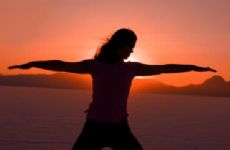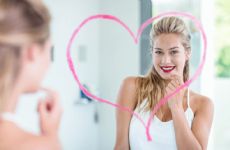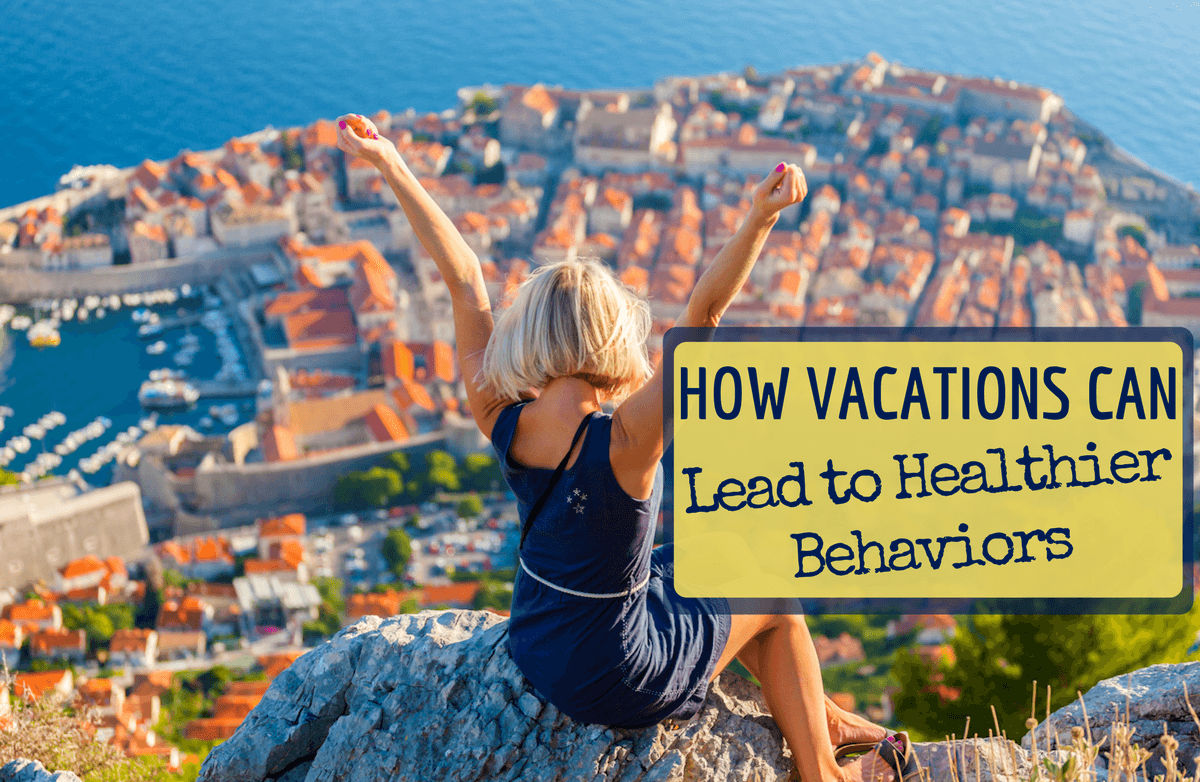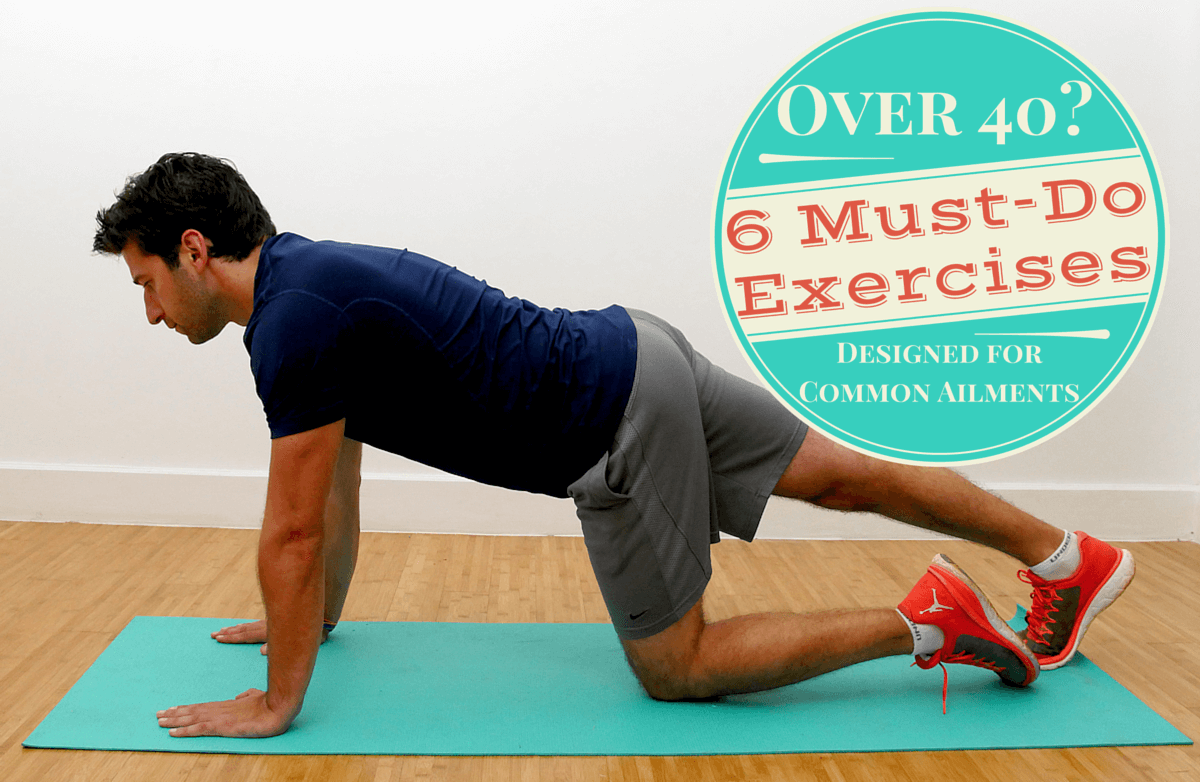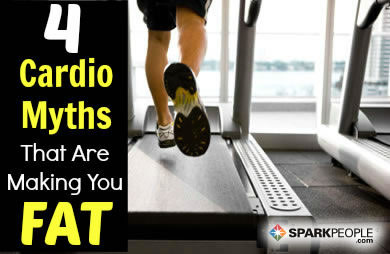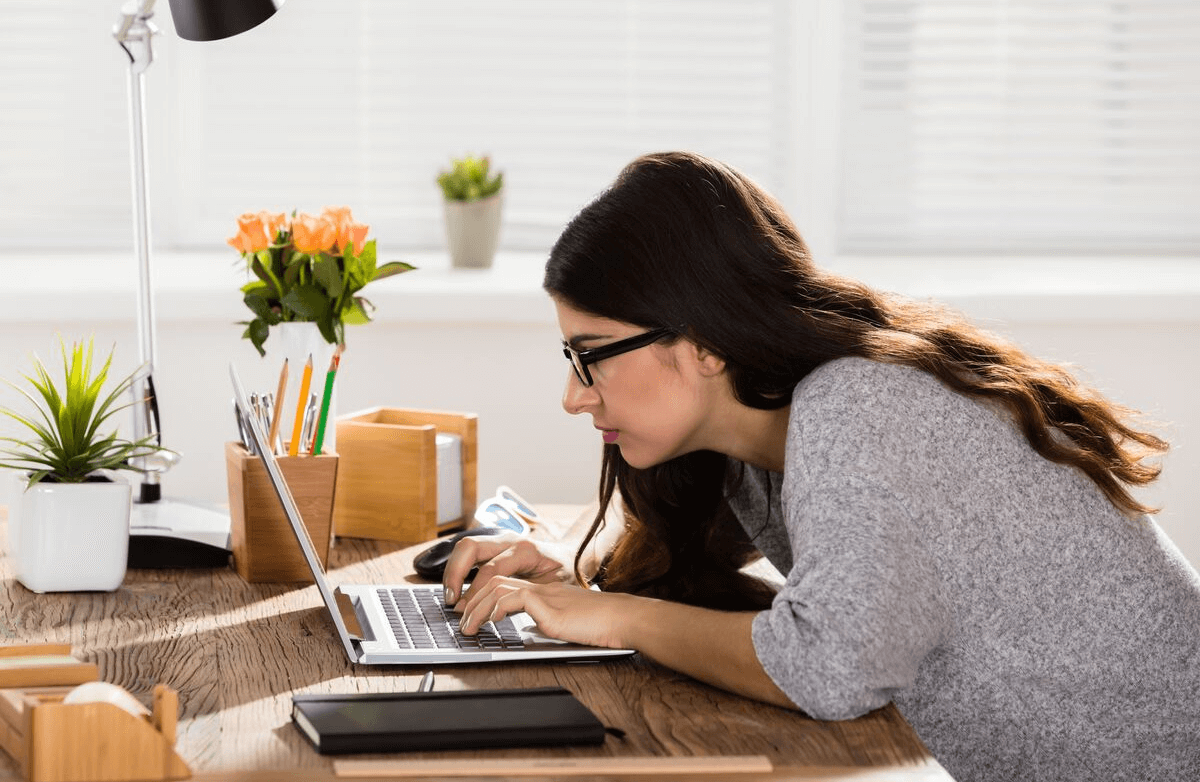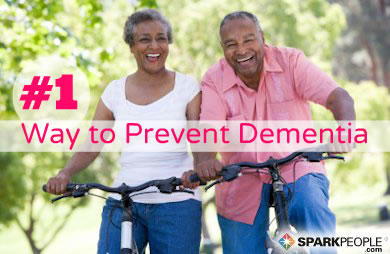|
Since I was a teenager, caffeine and I have had a tumultuous relationship. (I'm not the only one.) I started taking caffeine pills and drinking coffee (bottled Frappucinos, mostly) at 16. An overachiever, I was suffering from an eating disorder, and the caffeine helped keep me energized when I wasn't eating. I was also mourning the loss of a close friend, who had died in a car accident. The caffeine pills kept me from having to deal with my grief, as I never sat still or had time to think. Some of my friends knew about my habit, and many of them partook in the pills as well. We didn't think there was anything wrong with them. It took me over a year to realize the damage I was doing to my body. After I passed out for the second time, I decided to give them up. I collapsed as I walked out of AP English. My heart was beating way too fast, my vision went blurry, and the world faded to black. My doctor diagnosed me as having anxiety attacks, which was only half the story. I realized I needed to cut back, both on caffeine and in life. I prioritized, quit a couple of activities, and swore off the pills. In college, I pulled all-nighters fueled by coffee, soda, chocolate-covered espresso beans. You name it, I drank it to stay awake during not only late nights spent studying but also spent laying out and editing the college paper. Not surprisingly, the anxiety continued. My first real job was on the news copy desk at a large metro daily. I worked 4 p.m. to midnight five nights a week and sometimes worked 5:30 p.m. to 1:30 a.m. I drank diet soda like it was my job, and when I went to the bar after work (the only place to socialize after work when you work second shift), I opted for rum and diet cola, which aggravated my anxiety. The work was mentally challenging, and the tight deadlines made it quite exciting but stressful at times. My panic and anxiety worsened. Throughout the next few years, I continued to combine anxiety medication and caffeine. I didn't connect the two until just a couple of years ago. I swore off coffee and, coupled with some other major life changes, my anxiety dissipated. As of this time last year, coffee was a rare treat for me. I didn't need it, and I limited myself to the occasional cup (just one!) at Sunday brunch. I like the taste, and I like the feeling it gives me. All other times, I would drink tea. I'm not sure how it happened, but I started to drink coffee again, more regularly. Then in May, I did a weeklong yoga retreat in Honduras, where coffee was verboten. I lasted two weeks. Then I was back on the coffee. Since June, I've averaged two 16-ounce "cups" of coffee a day--and sometimes more. I bought an unlimited coffee deal at a local store, and until I switched to 6:30 a.m. yoga, I was in there every morning and a few afternoons a week. I realized I was rarely without my coffee. In the car, in meetings, on walks, at the farmers market, there I was, gripping my stainless steel reusable canteen. Iced in summer, hot in winter, sometimes with soy creamer, sometimes black, never sweetened… coffee. My fix. Caffeine is a stimulant that affects the central nervous system, changing the brain and the body. While it does temporarily make you feel more awake, it can also cause a host of other side effects, according to MedlinePlus:
My stomach sometimes hurts, I feel jittery from time to time, and--this is the worst symptom--coffee makes you have to pee all the time! (Caffeine is a diuretic!) So, in 2012, I'm vowing to cut back. No more than TWO cups (16 ounces=1 "grande"=the size of my coffee canteen) a day, more tea (which also has caffeine but it doesn't give me the jitters), and more water. I drink at least eight cups of water daily, but I am also drinking the equivalent of four cups of coffee. I never drink decaf coffee; I don't like the taste or the chemicals used to remove the caffeine. I don't want to give up coffee and caffeine entirely, but I do not want it to continue to control me. By sharing these goals with you, I'm putting myself back in control. No more caffeine addiction! (Want to chat with other java junkies? Join the SparkTeam Coffee Junkies of the World!) Have you ever been addicted to caffeine? How did you break the habit? |
Popular Entries
Related Entries
More From SparkPeople
|
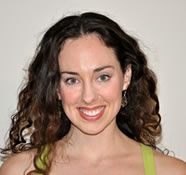



.png)
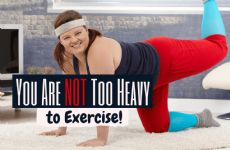
.png)


